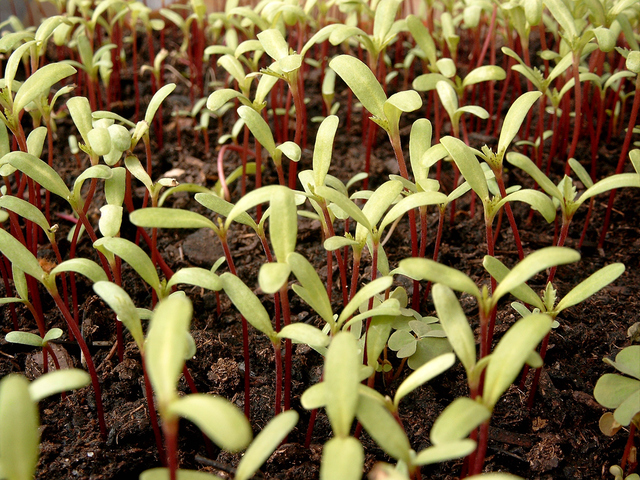“He answered, “An enemy has done this.” The slaves said to him, “Then do you want us to go and gather them?” But he replied, “No; for in gathering the weeds you would uproot the wheat along with them. Let both of them grow together until the harvest; and at harvest time I will tell the reapers, Collect the weeds first and bind them in bundles to be burned, but gather the wheat into my barn.” (Matthew 13:28-30) The parable of the wheat and tares is a parable of judgement and it illustrates well the all-too-common difference between our Lord and us. The servants are quick to act: “Weeds, yuck! Quick, get rid of them” But Jesus is much more patient because it turns out, he is far more concerned with protecting our growth than of ridding the world of his enemies. Judgement will come, in his way and in his time. Therefore, we are called to pray for those who do not love God or neighbor that they might repent and turn to the Lord who loves them. And perhaps we need to do one more thing: be mindful of the bitter reality of the weeds that continue to grow in our own lives. I think about what Aleksandr Solzhenitsyn wrote in describing the horrors of the Soviet state, “Gradually it was disclosed to me that the line separating good and evil passes not through states, nor between classes, nor between political parties either — but right through every human heart — and through all human hearts.” This insight is important at all times, but is critically essential for us during times of conflict: times when it is all too easy to regress back into “us vs. them.” So how do we cope in such times? Perhaps we may become more patient and loving with the difficult people in our lives when we recall (yet again!) Jesus patience and love for us. The Lord really is patient and invites us to turn to him for the gentle pruning that he desires to do in each of our lives. Have a great week!







Leave A Comment